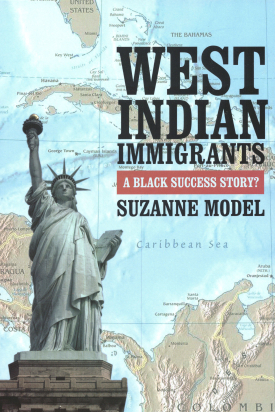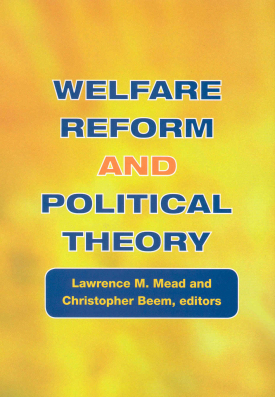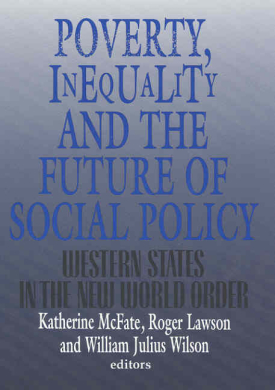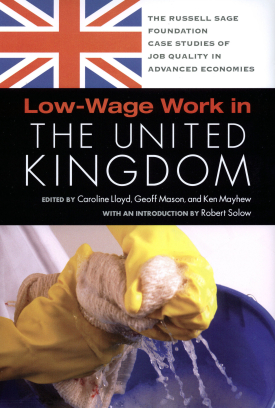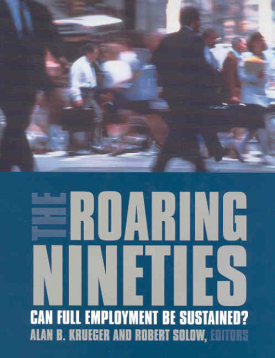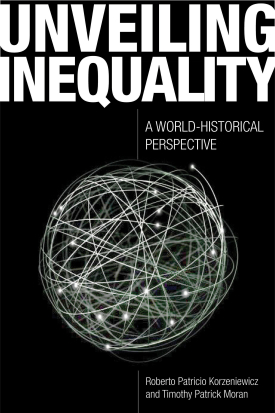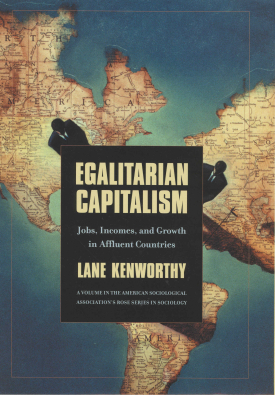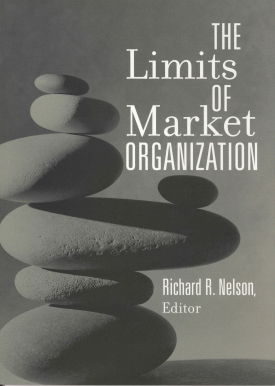
The Limits of Market Organization
About This Book
The last quarter century has seen a broad, but qualified, belief in the efficacy of market organization slide into an unyielding dogma that the market, as unconstrained as possible, is the best way to govern virtually all economic activity. However, unrestricted markets can often lead to gross inequalities in access to important resources, the creation of monopolies, and other negative effects that require regulation or public subsidies to remedy. In The Limits of Market Organization, editor Richard Nelson and a group of economic experts take a more sophisticated look at the public/private debate, noting where markets are useful, where they can be effective only if augmented by non-market mechanisms, and where they are simply inappropriate.
The Limits of Market Organization examines the appropriateness of markets in four areas where support for privatization varies widely: human services, public utilities, science and technology, and activities where market involvement is altogether inappropriate. Richard Murnane makes the case that a social interest in providing equal access to high quality education means that for school voucher plans to be effective, substantial government oversight is necessary. Federal involvement in a transcontinental railroad system was initially applauded, but recent financial troubles at Amtrak have prompted many to call for privatization of the rails. Yet contributor Elliot Sclar argues that public subsidies are the only way to maintain this vital part of the American transportation infrastructure. While market principles can promote competition and foster innovation, applying them in certain areas can actually stifle progress. Nelson argues that aggressive patenting has hindered scientific research by restricting access to tools and processes that could be used to generate new findings. He suggests that some kind of exception to patent law should be made for scientists who seek to build off of patented findings and then put their research results into the public domain. In other spheres, market organization is altogether unsuitable. Legal expert Richard Briffault looks at one such example—the democratic political process—and profiles the successes and failures of campaign finance reform in preventing parties from buying political influence.
This important volume shows that market organization has its virtues, but also its drawbacks. Just as regulation can be over-applied, so too can market principles. The Limits of Market Organization encourages readers to think more discriminately about the march toward privatization, and to remember the importance of public institutions.
RICHARD R. NELSON is George Blumenthal Professor of International and Public Affairs, Business and Law, Emeritus, at Columbia University.
CONTRIBUTORS: Roberta Balstad, Richard Briffault, Lawrence D. Brown, Nicholas Economides, Kira Fabrizio, Kristine M. Gebbie, Sherry Gliead, John A. James, Sheila B. Kamerman, David C. Mowery, Richard J. Murnane, Dahlia K. Remler, Elliott D. Sclar, Timothy Simcoe, Jane Waldfogel, David F. Weiman.


